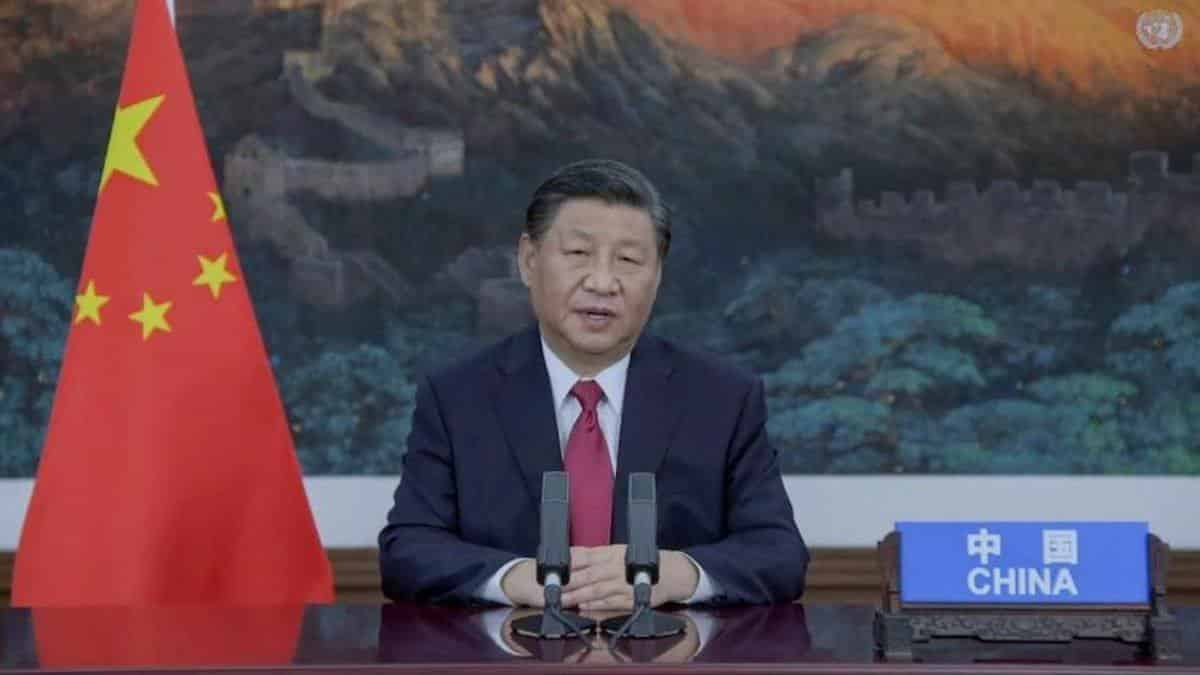China has removed a major financial news organisation from its official media list
Observers are concerned that China's ongoing attack on press freedom is turning the country into an unaccountable society.

The Chinese government has unveiled fresh intentions in recent weeks to consolidate its grip over China’s media landscape. The National Development and Reform Commission, which supervises China’s social and economic policies, announced the “2021 Negative List of Market Access” on October 8, which said that “non-public money” cannot invest in the establishment and operation of news organisations.
This proposed restriction would apply to news organisations, newspapers, radio and television stations, as well as online news. The text also implied that private finance could not be involved in the publication of news generated by foreign businesses.
The Cyberspace Administration of China (CAC) then amended the list of media outlets that Chinese websites can republish on October 20, and one of the most well-known financial publications, Caixin, was removed off the list. Caixin, which is known for its investigative reporting, has been held up as an example of independent journalism amid China’s rising crackdown on press freedom since President Xi Jinping took office.
Some see the action as a further blow to China’s delicate press freedom, while others believe it will have just a minor influence on Caixin’s daily operations. The exclusion of Caixin from the list, according to David Bandurski, co-director of the China Media Project (CMP) at the University of Hong Kong, is “indicative of the [Chinese Communist] Party’s continued consolidation of control over the upstream and downstream distribution of news and information in China.”
Bandurksi also points out that much of Caixin’s content is hidden behind a paywall, in an attempt to prevent it from being reproduced without authorization.
Human Rights Watch’s China researcher, Yaqiu Wang, thinks that determining the actual impact of Caixin’s absence from the list is difficult because the publication was already attempting to prevent its content from being reproduced too widely. She believes, however, that the move demonstrates the seriousness with which the Chinese government is cracking down on the media environment.
“What we can see is that the Chinese government’s influence over media is strengthening,” she told DW, “and that this will progressively erase sensible voices, leaving the internet with either propaganda or nationalistic sentiments.”
Another drawback of a more tightly regulated media environment in China, according to Wang, is the outside world’s limited grasp of the country. “Instead of firsthand experience or human interaction, the outside world is depending more on what they see online,” she said. “Information on the internet may be biassed or unrepresentative of the true voices of the Chinese people.”
“A society devoid of accountability and journalism”
Furthermore, he believes that Beijing’s intention to prohibit private capital from investing in media organisations will turn the right to operate media outlets into a “luxury” reserved for the Chinese government. “One day, folks will be unable to report information, which is really disturbing,” Alviani warned. “The Chinese leadership is erecting a society devoid of accountability and journalism.”
Despite the Chinese government’s efforts to tighten its grip on the media, Alviani believes that the Chinese people still have a strong need for independent information. “There is a great need,” he told DW, “because the Chinese public is like the public in every country.” “What they want is


